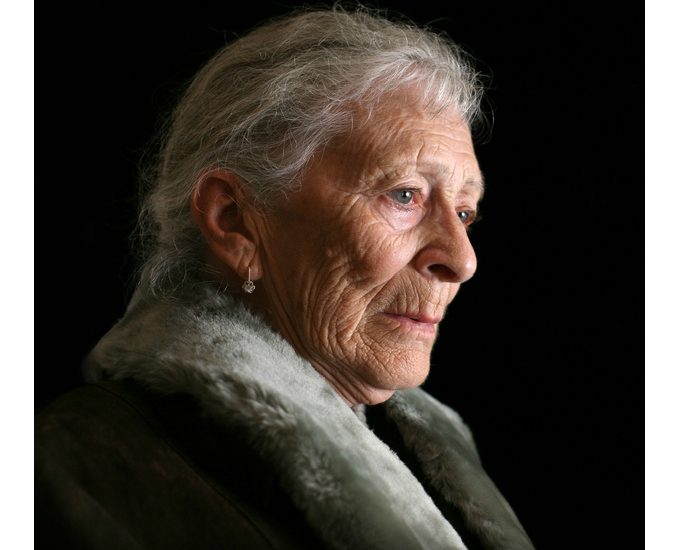
Social isolation: It goes against every fibre in our being. In fact, governments recognized this when they intentionally shifted public health guidance from ‘social’ to ‘physical distancing’. When we are feeling vulnerable, afraid, alone – when we are grieving – we reach out. We come together in crisis.
The state of emergency compels us to rethink and reinvent what it looks like to be together, but physically apart. We connect with friends and families via social media. We share information this way, and even post our vulnerabilities, and create solutions to assist us with our collective grieving. We connect with loved ones or work via video-calling, maybe fumbling with technologies that are new to us, but learning as we go. That’s one of the bright sides, that many of us are learning and embracing new ways to communicate, stay in touch, and be heard.
We are told, “We’re all in this together. Stay home as much as possible. Shop online. Go out minimally for essentials.” These are tough orders to follow if you don’t have internet access, a credit card, and have to take the bus with your kids in order to pick up your order, if online shopping is even an option.
Suggestions on social media abound: Have a date night at home! Obstacle course for the kids in the house! Build a garden in your yard! Many of us have heeded this advice – the shelves are barren of flour for baking (and doing math), and vinegar and baking soda for the at-home science experiments. Many of our households have baked all the sourdough bread and cookies and have made all the volcanoes. All these suggestions are well-meaning and can be helpful, if you have a home. And a home large enough to run around in. Or access to a yard or safe outdoor space. Or resources to pay for those ingredients. And an internet connection. Or even a phone.
For many in our community, isolation has been their reality for some time. Just getting out to a community kitchen or a walk to the pharmacy is about the most social interaction many have. With those options limited or no longer available, many are forced to retreat even further. Using technology to connect to the outside world requires the means to afford the gadgets, and the literacy to operate them. Many of us have people in our lives to help with that, yet so many do not.
It is important that our government has increased its public ads during this time to encourage people to seek the supports they might need. Call 811 if you think you might have COVID-19 symptoms. Call 211 to find out about community supports. Call the kids help line, call the emergency mental health crisis line, call the domestic violence line. https://novascotia.ca/mental-health-and-wellbeing/
Sometimes people also just need to call a friend or a family member. There is just one problem.
Currently, in order to receive a phone from the province’s Income Assistance program, there is a long process to demonstrate need. You want a phone? You need to present physical documentation that you have some medical or serious health issue that would necessitate quick connection to the outside world.
Public Health has already come out and said that employers cannot require doctors’ notes for workers’ sick time, as it puts unneeded stress on our already overburdened health care system. Why does our system require a letter, written by a health care professional, to justify the basic right of communication, especially when people are being told to ‘stay the blazes home’? This requirement is counter-intuitive, unproductive, and a waste of resources, not to mention unethical and goes against all the evidence that whether we are healthy or not is primarily determined by social factors.
If the advice is to stay away from each other, yet survive and stay healthy by connecting through other means, then those means need to be provided. The rules and recommendations have been murky: Stay home makes sense if home is safe, and you can connect and get needs met. If you can’t, then the advice is counter to what people actually need.
If our government truly wants people to stay put, the funding and supports need to be there so that they can. Non-profits, who are already scrambling to figure out how to keep vulnerable populations as safe as possible amid all the restrictions, cannot bear this cost alone.
One answer is simple and affordable: give everyone on income assistance a phone and an internet connection. There need be no ‘medical proof’ for justification. Loneliness and isolation are reason enough. Government and corporations need to step up, now. The costs to our health care system, our community, and individuals of not doing so are too great. And then when this is all over, let’s end poverty together.
Sheri Lecker is the Executive Director of Adsum for Women & Children
See also: Life cycle: How I found dignity and self-respect at Adsum for Women and Children
With a special thanks to our generous donors who make publication of the Nova Scotia Advocate possible.
Subscribe to the Nova Scotia Advocate weekly digest and never miss an article again. It’s free!



